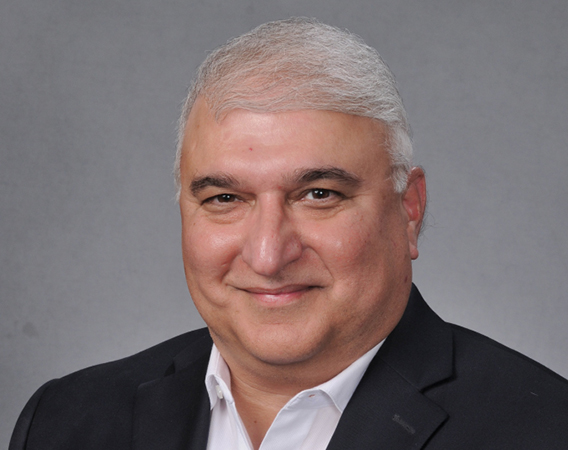 Dr. Firdaus S. Dhabhar
Dr. Firdaus S. Dhabhar
Professor, Department of Psychiatry and Behavioral Sciences
Department of Microbiology and Immunology, Sylvester Comprehensive Cancer Center
Miller School of Medicine
Dr. Dhabhar is a tenured professor at the University of Miami Miller School of Medicine, and serves on the faculty of the Department of Psychiatry, the Department of Microbiology and Immunology, and Sylvester Comprehensive Cancer Center. He also directs the Miller School’s Scholarly Concentration in Mind-Body Medicine. He graduated summa cum laude and Phi Beta Kappa from Dartmouth College with a double major in biology and political science, and received his doctorate in biomedical science from The Rockefeller University.
Professor Dhabhar’s interests extend from molecular and cellular mechanisms, to integrative physiology, to individual and societal health and well-being. His laboratory aims to elucidate and harness mind-body mechanisms that maximize health and healing. He was the first to discover mechanisms by which short-term stress physiology enhances the body’s immune system during a fight-or-flight response. He demonstrated that fight-or-flight stress is generally “good” stress and represents one of Mother Nature's fundamental but underappreciated survival systems that can be harnessed to boost the body’s defenses. He is working on ways to harness this system clinically to boost protective immune responses during surgery, vaccination, and cancer, and to enhance mental and physical performance. His laboratory also investigates long-term, chronic, or “bad” stress and its numerous harmful psychological and biological effects that can exacerbate conditions such as heart disease, cancer, preterm birth, anxiety, and depression.
Professor Dhabhar formulated the concept of the Stress Spectrum as a guide for maximizing the beneficial effects of short-term stress while minimizing the harmful effects of chronic stress. He is interested in developing holistic, multifactorial interventions that optimize the Stress Spectrum to enhance health, healing, and well-being.
His honors include the Council of Graduate Schools Distinguished Dissertation Award, the PsychoNeuroImmunology Society's Young Investigator Award for Outstanding Research, the Fields Award for Excellence in Research and Teaching, and the ISPNE Society’s Richter Award for Excellence in Psychoneuroendocrinology, and induction to the Omicron Kappa Upsilon Honor Society. He was a finalist for the 2016 NIH Director’s Pioneer Award, and has served on several advisory panels at the National Academies of Science.
Professor Dhabhar’s highly-ranked publications have garnered over 26,800 citations and have been featured by numerous major media outlets, including The New York Times, The Financial Times, USA Today, US News & World Report, Scientific American, PBS, ABC, NBC News, The Miami Herald, and others. Given the widespread ramifications of his research, he has been invited to make numerous national and international keynotes and presentations to clinicians, scientists, corporations, patient & family groups, and TEDx, TED Salon, and TEDMED conferences.



 Dr. Firdaus S. Dhabhar
Dr. Firdaus S. Dhabhar